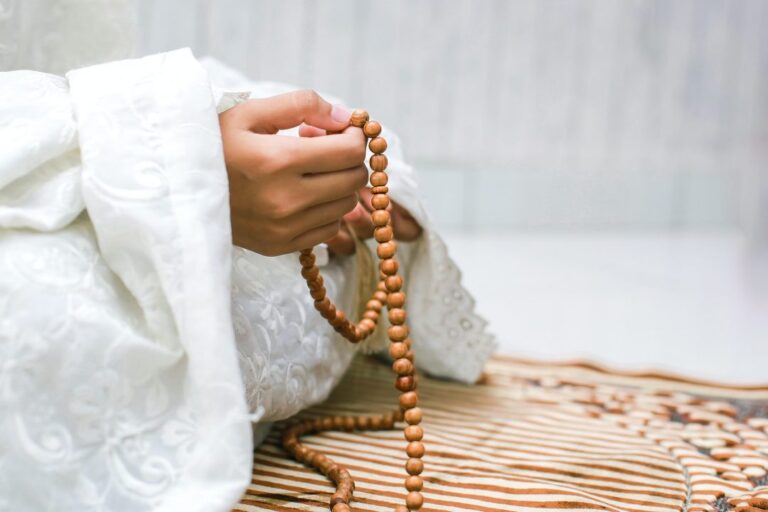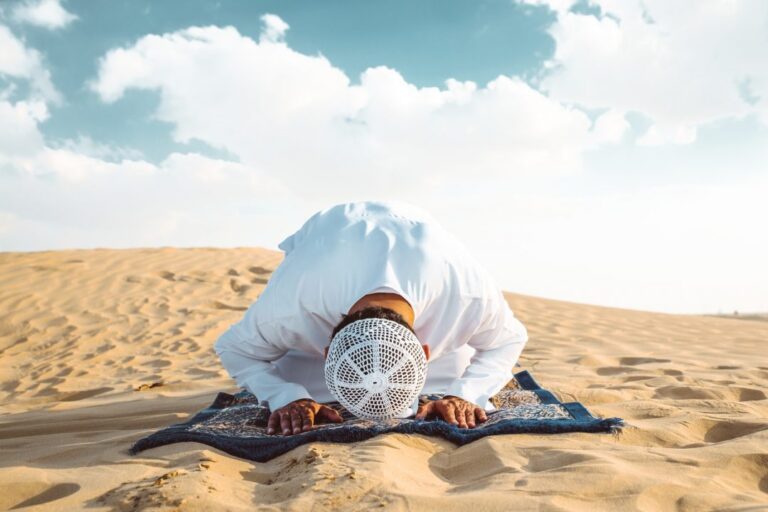As Muslims, growing up and embracing our faith, we find certain wishes take root within us—some attainable with ease, while others demand perseverance and determination due to various factors. One of the most cherished aspirations for a Muslim is to embark on the sacred pilgrimage of Hajj at least once in their lifetime. Yet, this cherished dream does not materialize overnight; it necessitates years of spiritual and emotional preparation, culminating in the momentous journey to the revered city of Makkah. Hajj holds deep significance for those familiar with Islam, but for newcomers, allow us to introduce this profound aspect of our faith.
What is Hajj
Hajj is one of Islam’s fundamental pillars, a divine command made accessible and achievable for every believer. It is a sacred obligation that comes to fruition when one possesses the means to undertake it, alongside fulfilling other essential Fardh (obligations). This remarkable pilgrimage occurs during the revered month of Dhul-Hijjah, the twelfth month of the Islamic calendar, and its sacred destination is the holy city of Makkah in Saudi Arabia.Beyond a physical journey, Hajj transcends the tangible realm, becoming an experience that profoundly touches the soul. It is a profound testament to one’s spirituality and unwavering faith, an indescribable connection with the divine that defies quantification.
How Hajj took place
Hajj was introduced to the Muslims by Holy Prophet PBUH, but Hajj originated from Hazrat Ibrahim AS. The Kaaba, also known as Hazrat Ibrahim AS, also built Bait Ullah, where Hajj started.
Steps of Hajj
Hajj is a long process that takes a reasonable amount of time to perform. There are a total of 19 steps that you need to complete to do Hajj. It starts with preparing for Hajj by wearing Ahram, then doing tawaf seven times, then Safa and Marwa, and continues until the final step, Farewell Tawaf. When you complete all these steps, you perform Hajj.
The month of DhulHijjah
Every year about 2.5 million Muslims from all around the world perform Hajj. Some of them have the savings of a lifetime, while others can easily do it more than once. Do not be upset if you cannot perform Hajj because of financial restrictions. If Allah wills, He will surely invite you to His holy House. But you need to know that the month of DhulHijjah is filled with many blessings that you can benefit from. You can perform many Prayers that will benefit you in this world and the hereafter. Take as much as possible from this beautiful month and make the most of it.
How is the journey of the heart?
When we talk about going to Hajj, it is different from talking about taking a vacation abroad. The performance of Hajj is the act of the soul more than the act of the body. You must always have heard that you do not go to Makkah to perform Hajj or Umrah; instead, Allah calls you to it.
If you think you have been there because you have had enough money, you are wrong. It is also unfair if you think you have been there because you are too religious. You have been to Hajj because Allah has called you there. You only go to the holy place because Allah wants you to be there.
When you focus on how ALLAH has talked about Hajj in the Holy Quran, you will see how He had made us conscious of His orders.
When people used to go to Hajj in the old times, they did not have all the privileges that we have today. They did not have different stops here and there, nor did they have food everywhere. They used to carry everything along and just put their trust in Allah and started with the journey. Allah would turn the people’s attention to the final day of Judgment, and they forget all the problems they would face during this journey. That is why it is called the journey of hearts because it is so.
Who can perform Hajj?
As mentioned above, Hajj is a fardh for every Muslim, but many exceptions exist. The first thing is that if you are a Muslim and an adult, then only you can perform Hajj. You can take your children along, but it is optional for them.
The second most important thing is that you can only perform Hajj when you are financially stable. If you are in debt, you are not obliged to perform Hajj. You must first clear all your debts; then, you can perform Hajj.
Lastly, if you are elderly and have some physical condition, you are not obliged to perform Hajj.
Conclusion
Indeed, Allah, in His infinite wisdom, has bestowed upon us a religion that is inherently accessible and manageable. With divine foresight, He designed Islam to be a source of ease rather than a burden, recognizing our human limitations. Hajj, in its essence, exemplifies this divine wisdom—it is a spiritual calling that emanates from the depths of one’s heart, where material wealth holds no sway.
In this sacred journey, the willingness to embark on this soul-stirring pilgrimage outweighs any financial considerations. Should the yearning to perform Hajj be genuine, take the first step by firming your resolve. When your heart is set on this noble endeavour, rest assured that Allah’s mercy and providence will pave the way for its realization. With sincerity and dedication, the doors to the blessed journey of Hajj will undoubtedly open, guided by the divine hand of our Creator.




